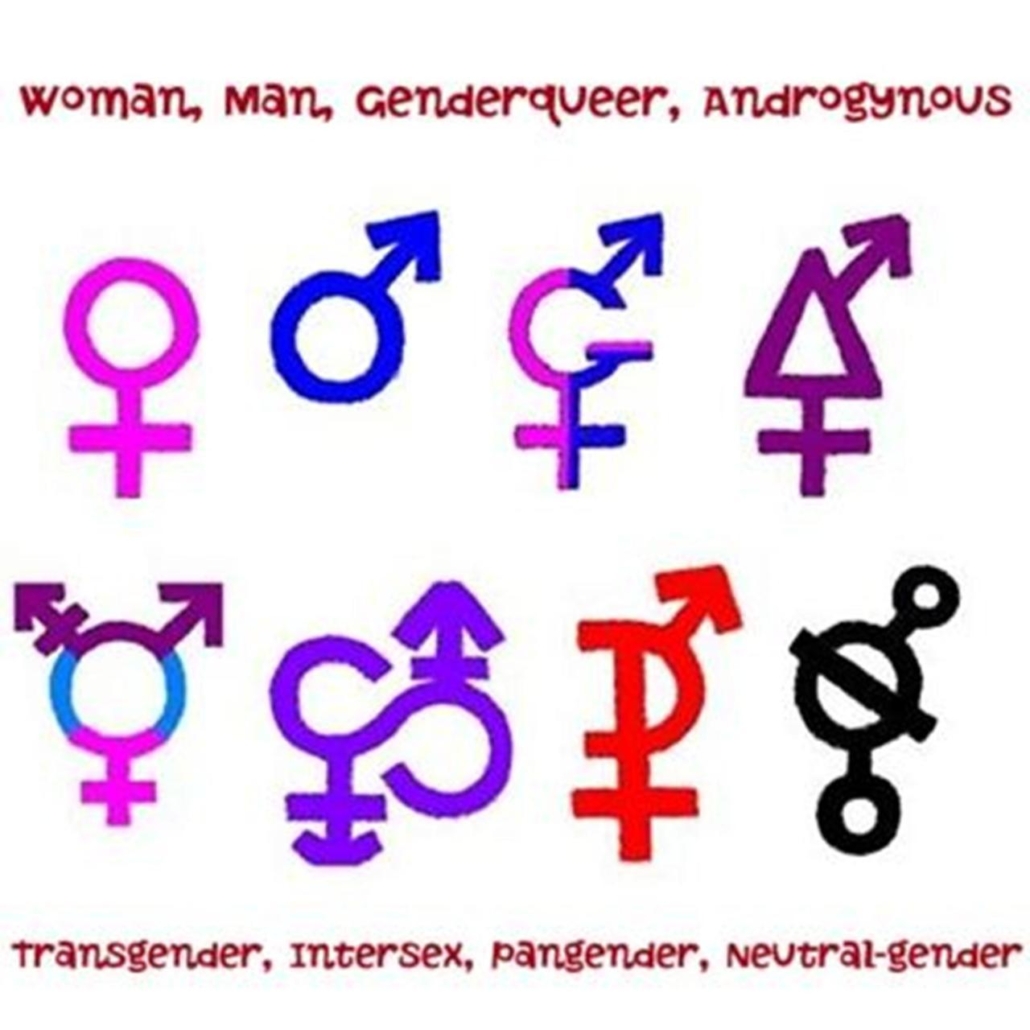LANGUAGE AND POWER
“What will the writing of history be like when the definition is shared equally by men and women?” Gerda Lerner, as quoted by Elizabeth Lesser | Cassandra Speaks: When Women Are the Storytellers, the Human Story Changes

Elizabeth Lesser refers to myths and stories that associate power with domination and control in her book, Cassandra Speaks. These stories keep women and men in their proper patriarchal places. Prescribed roles limit both, although in different ways.
Lesser expands the traditional definition of power. She encourages choosing words that value both “male” and “female” power and to see them as complementary. As I read, I noticed that referring to qualities as feminine or masculine seemed counter-productive. I remembered Eugenia Cheng’s book, x + y: A Mathematician’s Manifesto for Rethinking Gender. I agree with her that regarding traits and behaviors as male or female interferes with changing how we think. It actually continues sexist concepts.
Renaming
Cheng uses the terms, congressive and ingressive to talk about traits, instead of feminine and masculine. While I found these terms strange at first, they grew on me. I love how they changed my thinking about behavior. No trait or behavior fits everyone. For instance, most men are more competitive than women, but not all are. Many women are nurturing, but there are those who aren’t.
Yet patriarchal culture identifies traits as masculine or feminine. Ideas about them are based on our socialization and are often arbitrary. This 1918 Ladies’ Home Journal quote illustrates this.
“The generally accepted rule is pink for the boys, and blue for the girls. The reason is that pink, being a more decided and stronger color, is more suitable for the boy, while blue, which is more delicate and dainty, is prettier for the girl.”
Walking into any baby department store shows how our viewpoints changed.
Our life experiences shape what we expect and normalize. All of us have grown up in a patriarchal system and thus have inherited stereotypes and expectations. Some traits have been trained into many, such as women not interrupting and men being free to do so. Fortunately, we can examine and change our thinking and behavior. However, to change, we also have to consider how we use language. Words shape what we perceive and expect for ourselves.
Noticing Our Words
You may think, “What’s the big deal about words?” In The Importance of Story, I encouraged mindfulness of what we say to ourselves because it influences what we think is possible or normal.

None of us escape from the language of patriarchy. Increasing our awareness of sexist language releases us from unjust outlooks on men and women.
Recognizing sexist language can also promote seeing gender as more fluid. Not everyone identifies as male or female. Many endogenous cultures recognized this long ago and expanded gender identities beyond men and women.
Gender Stereotypes
Sexism and oppression are generally recognized as unjust. Health educator Ellen Friedrichs said, “what I think can be equally harmful is when people of any gender are ‘benevolently’ sexist. That can be a lot more subtle and as a result, a lot harder to tackle.”[i]
Some forms Friedrichs says benevolent sexism takes:
- assuming males will pay for dates
- seeing women as natural caregivers
- saying boys will be boys (wild) but girls are well-mannered.
Law professor Joan C. Williams indicates that 40 years of research points to Americans defining “the good woman as helpful, modest and nice. In other words, as focused on her family and community, rather than working in her own self-interest. Meanwhile, the ideal man is defined as direct, assertive, competitive and ambitious.”[ii]
Yes, these stereotypes are gradually changing. But, many find they are still alive in their psyches.
Scenario
Identify ways this scenario could play out using the questions that follow.
David and Jade have been on two dates, and they both expressed romantic interest. David tells Jade on Thursday he wants to see a movie Friday night with her. Jade has already made plans with other friends.
What do you think David and Jade’s interaction would be like if they acted from these gender stereotypes?
- “Acting like a man” means:
- Takes control of situations
- Rational and independent
- Can’t cry or express vulnerable emotions
- “Acting like a woman” means:
- Agreeable and submissive
- Nurturing and sensitive to others’ needs
- Emotional and relational
Using the same stereotypes, what do you think would happen if Jade were the one who said what she wanted and David had plans?
How do you think the interaction would change if both were freed from stereotypical behavior?
How would you respond today?
Commentary
There is, of course, no one way these interactions might go. For instance, David could be offended, repress his feelings, understand, or stop dating her. His and Jade’s responses depend partly on personality. But history and socialization also play a powerful role.
How do you think telling rather than asking affects the power dynamics between them? What would it mean for Jade to say she has other plans?
Our socialization affects how we interact with others. It plays a large part in how comfortable we are with power and assertiveness.
The point isn’t that some traits are better than others. It is important for all—girls, boys, men, women, and nonbinary identified people—to feel like they belong regardless of what behavioral preferences they exhibit. Males should be just as rewarded for empathy as for competition. Females should be just as rewarded for assertiveness as for nurturing. Non-binary identified individuals should not feel like they do not belong.
Qualities such as nurturing and cooperation have been coded as feminine and undervalued. Our homes, workplaces, and world need both congressive and ingressive traits. Rebalancing how we view and value both kinds would also contribute to eliminating intimate partner abuse.
[i] “Toxic Masculinity Can Take These Everyday Forms — Here’s What Experts Say To Do About It” by Annakeara Stinson (Bustle, Aug. 6, 2019)
[ii] How Women Can Escape the Likability Trap by Joan C. Williams (New York Times, Aug. 16, 2019)

